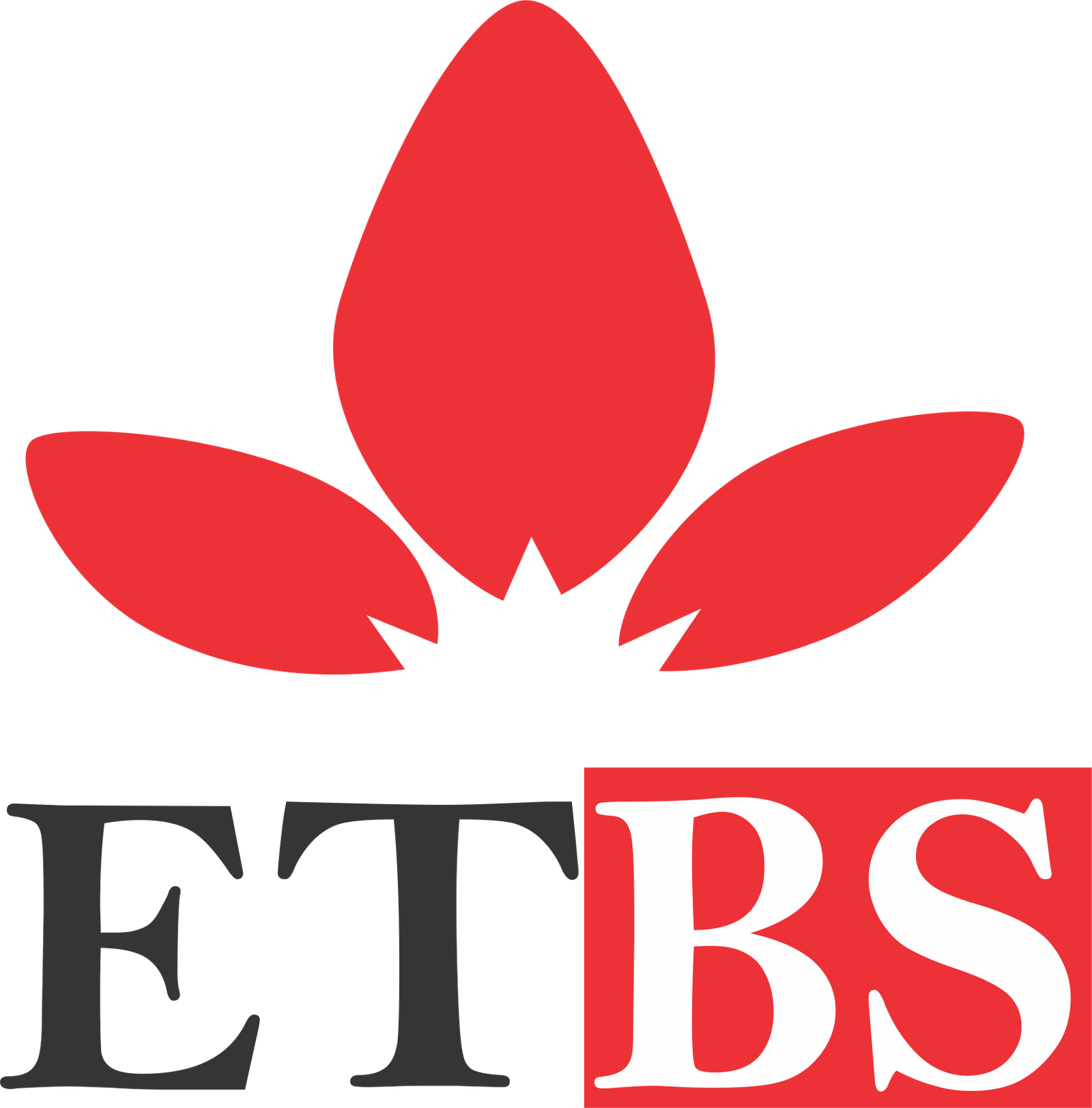 EarthTab Business School
EarthTab Business School
☰
|

No video link available for this topic.
Welcome to EarthTab Business School. My name is Aditya Mehra, and I will be your course preceptor for the course, Traditional Institutions And Governance. “Traditional Institutions and Governance” provides an in-depth exploration of the historical, socio-political, and cultural foundations of governance as practiced through traditional institutions. It seeks to bridge the understanding of indigenous political systems with contemporary governance frameworks, highlighting the dynamic interplay between customary authority, modern state structures, and community development. This course emphasizes not only the structural and functional aspects of traditional institutions but also their evolving roles in conflict resolution, resource management, political legitimacy, and social cohesion in contemporary societies. Traditional institutions encompass the normative systems, hierarchies, and rituals established by indigenous communities, often predating colonial and post-colonial state structures. These institutions serve as custodians of community values, mediators in disputes, and stabilizers of societal order. Their governance mechanisms are informed by oral traditions, customary law, and communal consensus, offering a rich tapestry for understanding governance beyond formalized legal and bureaucratic frameworks. You will critically analyze the roles of chiefs, elders, councils, and community leaders, examining their influence on decision-making processes, leadership legitimacy, and political participation. The course also investigates the intersection of traditional authority with modern governance institutions, including local governments, state apparatus, and international norms. By exploring case studies from Africa, Asia, and other regions, you will gain insight into the adaptability, resilience, and challenges faced by traditional institutions in the 21st century. Key dimensions of the course include: Historical Foundations: Origins and evolution of traditional governance systems Pre-colonial political organization, social hierarchies, and governance mechanisms The impact of colonialism on traditional authority structures and subsequent hybrid governance models Structures and Hierarchies: Roles of monarchs, chiefs, councils of elders, and secret societies Functions, duties, and decision-making processes within traditional institutions Gendered roles in governance and leadership within indigenous frameworks Legitimacy and Authority: Sources of legitimacy: spiritual, cultural, hereditary, and performance-based Mechanisms of accountability and community oversight Comparative analysis of legitimacy in traditional versus modern state governance Governance Functions: Conflict resolution, dispute settlement, and restorative justice practices Resource allocation, communal land management, and economic regulation Social welfare and community development roles of traditional institutions Interplay with Modern Governance: Integration and friction between traditional authority and state institutions Legal recognition of traditional governance under constitutional and statutory frameworks Hybrid governance models: balancing customary law with modern legal systems Challenges and Opportunities: Threats posed by urbanization, globalization, and democratization Gender exclusion, youth marginalization, and elite capture in traditional councils Opportunities for inclusive governance, participatory decision-making, and community empowerment Comparative and Global Perspectives: Traditional governance systems in Africa, Asia, the Pacific, and Indigenous communities globally Lessons from successful integration of traditional and modern governance frameworks The role of traditional institutions in achieving sustainable development goals (SDGs) Policy and Reform Implications: Strategies for reforming and strengthening traditional institutions Policy frameworks for promoting synergy between customary and statutory governance The potential of traditional institutions in fostering political stability, social cohesion, and conflict mitigation By the end of this course, you will have developed a nuanced understanding of the complexity, relevance, and adaptability of traditional institutions in governance. They will be able to critically evaluate the roles of these institutions in shaping political outcomes, mediating conflicts, and fostering sustainable development. This course is suitable for students, policymakers, development practitioners, and anyone seeking to understand governance from both indigenous and modern perspectives. I look forward to congratulating you upon completion of this course.Course Overview

Unlocking Professional Potential through world-class assessments and industry-ready training.
"Empowering Professionals through practical, accessible online business education"
- Blessing Princess Agho
 Founder/Lead Instructor
Founder/Lead Instructor